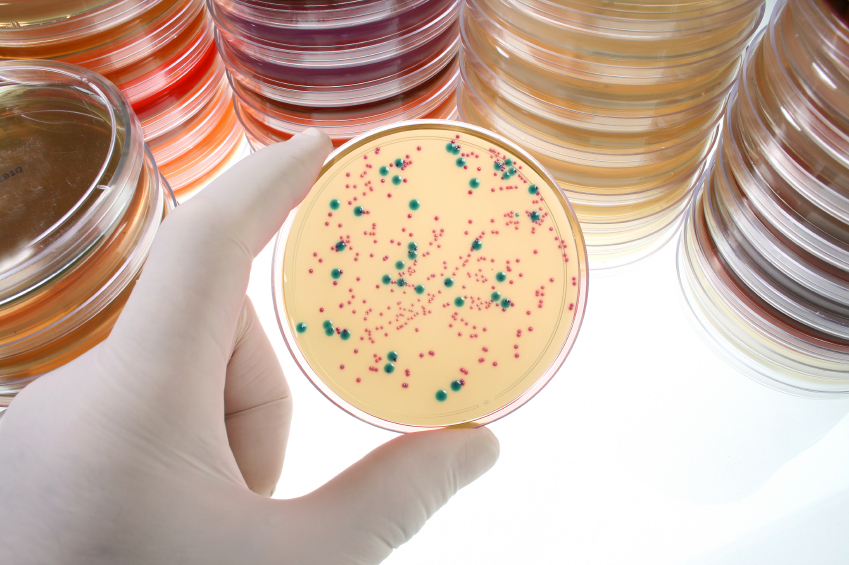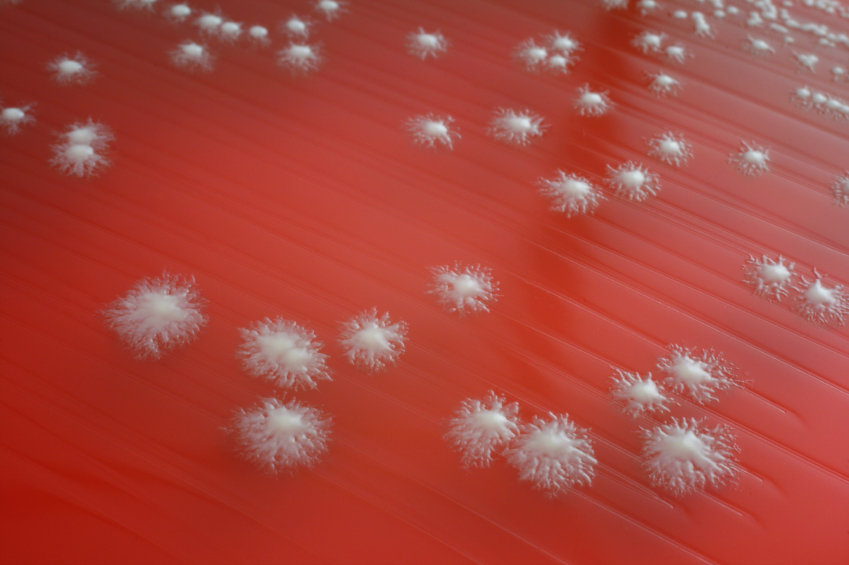What is Microbiology?

Microbiology (micros = small; bios = life; logos = science) is the study of microscopically-small living organisms such as bacteria, archaea, viruses, fungi, prions, protozoa and algae. Although microbes are impossible to see with the naked eye, they make up 60% of all living matter on Earth with a massive impact in each and every other living organism on the planet. Microbial activities and interactions are vitally important to virtually all processes on Earth, playing key roles in nutrient cycling, biodegradation, climate change, food spoilage, the cause and control of disease.
 Microbiology is a vast and multidisciplinary field which overlaps with other life sciences such as genetics, biochemistry, molecular biology and even engineering. The science of microbiology aims to gain and expand our fundamental understanding of microorganisms by studying their morphology, metabolism, physiology, reproduction and genetics, while others investigate their interactions with other organisms and role in ecology.
Microbiology is a vast and multidisciplinary field which overlaps with other life sciences such as genetics, biochemistry, molecular biology and even engineering. The science of microbiology aims to gain and expand our fundamental understanding of microorganisms by studying their morphology, metabolism, physiology, reproduction and genetics, while others investigate their interactions with other organisms and role in ecology. Microbiology research has been, and continues to be, key to address many of the historical and current global challenges, such as maintaining food, water and energy security for a healthy population on a habitable earth. Applying the fundamental microbial knowledge has led to the development numerous medical, veterinary, industrial, environmental and other biotechnology applications that benefit mankind.



